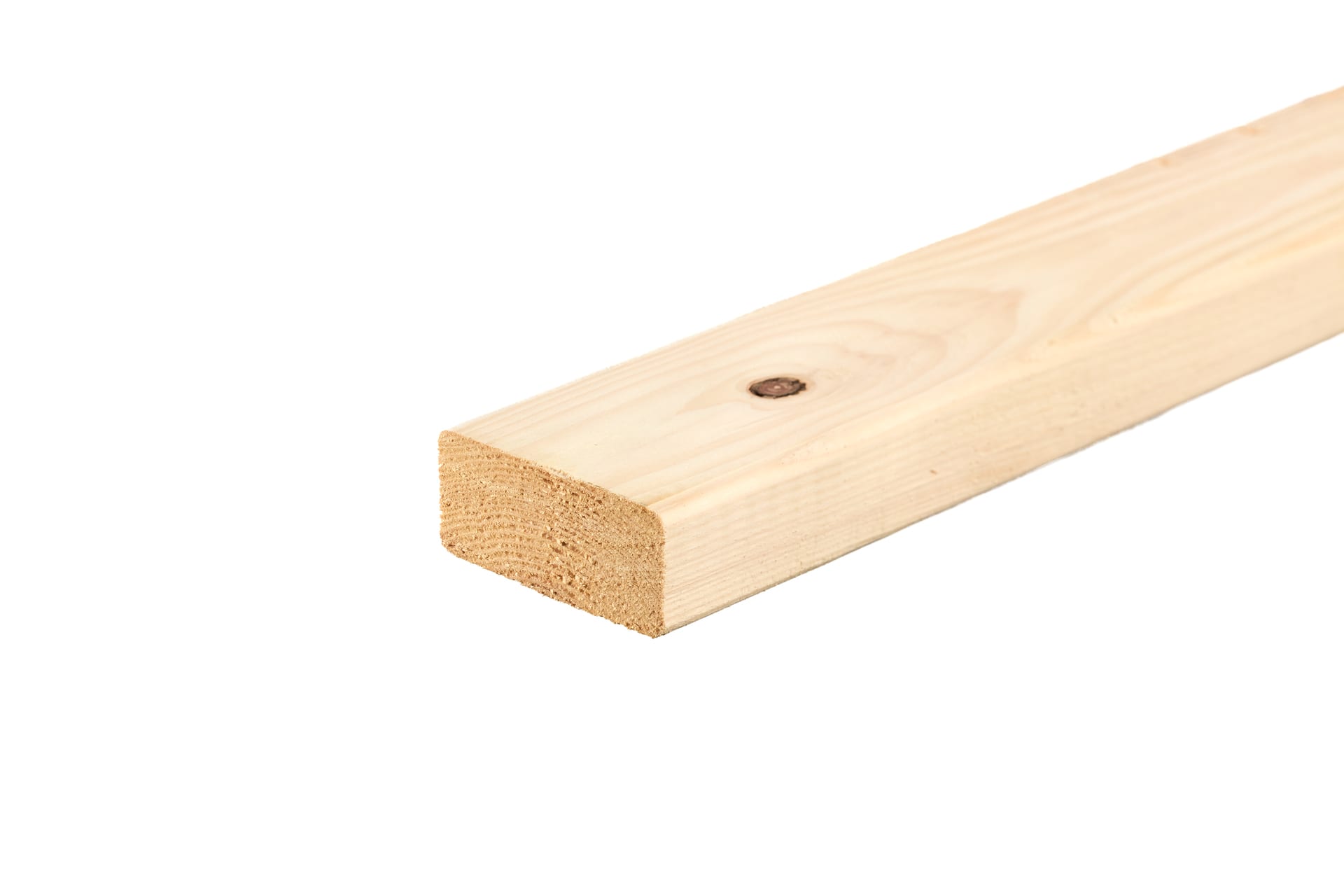Decking
(45 Products)Decking turns raw garden ground into an instant living space. Unlike patios, which require digging, levelling, and heavy materials, decking can be installed over uneven ground or grass. Making it one of the fastest ways to upgrade an outdoor area.
Whether you’re building over a sloped lawn, around tree roots, or on top of existing surfaces, decking creates a clean, level platform that’s ready for furniture, planters, lighting, and more.
What Is Decking?
Decking is a practical, fast way to create a level, usable surface outdoors - whether over grass, uneven ground, or old concrete. It’s built using a simple frame of joists and posts, making it easier and quicker to install than traditional paving, with less ground preparation.
It also offers smart advantages: cables and lighting can be hidden beneath, drainage is built-in through the board gaps, and individual boards can be replaced without redoing the whole structure.
An occasional sweep and an annual wash keep surfaces clean; oiling or sealing every few years maintains colour and water resistance. Components are individual, so replacing a damaged board takes minutes rather than hours.
Decking Boards
Decking boards form the visible surface of a deck and are primarily selected for their aesthetic and performance characteristics.
We offer a range of reversible softwood decking boards, offering two distinct profiles on a single board. Sourced from fast-growing coniferous trees (e.g., pine, spruce, these boards are pressure-treated with preservatives to protect against rot, fungal decay, and insect attack. Softwood is generally cost-effective and easy to work with.
Decking Joists
Timber decking joists form the critical sub-frame or supporting structure beneath the decking boards.
Purpose and Function:
- Structural Support: Joists bear the weight of the decking boards, furniture, and occupants, transferring these loads safely to the supporting posts, beams, or the main building structure.
- Board Fixing: They provide the essential fixing points for attaching the decking boards, ensuring they remain secure and stable.
- Levelling and Drainage: The joist system establishes a level surface for the deck and can be designed with a slight fall to facilitate water run-off from the decking surface.
- Ventilation: Correct spacing and elevation of joists allow crucial airflow beneath the deck boards. This ventilation is vital for preventing moisture build-up, which can lead to rot, fungal decay, and timber movement such as warping or cupping.
For heavier loads or larger spans, or where conditions demand, treated hardwoods or structural timbers with higher strength ratings may be specified.
Spacing and Installation:
- Joist spacing is determined by the thickness and type of decking board being used, along with anticipated loads. Standard spacing (e.g., 400mm or 600mm centres) ensures adequate support and prevents board flex.
- Joists must be adequately supported by bearers, posts, or ledger boards fixed to a building. All timber in ground contact or close proximity to moisture should be treated to the appropriate usage class (e.g., UC4 for ground contact).
- Sufficient airflow beneath the entire deck structure is paramount. This requires maintaining sufficient clearance between the ground and the underside of the joists, and ensuring adequate ventilation openings if the deck perimeter is enclosed.
Common Pitfalls & Quick Fixes
- Skipping Airflow - Boards cup or grow mould. Fix: Add 75 mm ventilation gap at skirting.
- Undersized Joists - Bounce when walked on. Fix: Add noggins or sister joists mid-span.
- No Perimeter Flashing To House Wall - Water ingress. Fix: Slide DPC strip behind ledger and down over the membrane.
- Over-Tightened Screws - Splits at board ends. Fix: Back off a quarter-turn and pre-drill next time. In this context, a "quarter-turn" refers to rotating a screw approximately 90 degrees (one-quarter of a full revolution) counter-clockwise.
Frequently Asked Decking Questions
Is Decking Cheaper Than Paving?
Although prices for paving slabs and decking boards vary widely, building a deck is typically more economical than constructing a patio.
Keep in mind that the cheapest option isn't necessarily the best value; opting for low-priced options could end up costing you more down the line if they have to be replaced sooner rather than later.
Does Garden Decking Require Planning Permission?
Most decking projects are usually classified as "permitted development," which means they don't require special planning permission.
You are allowed to build a raised platform in an outside space without needing planning permission as long as:
- The decking is no more than 30cm above the ground
- The decking does not cover more than 50% of the total garden area
How Do I Keep My Deck Looking New?
Regular cleaning and annual treatments for timber decking while composite decks typically need a wash-down with soap and water.
Are There Innovative Decking Ideas I Should Consider?
Yes! Integrated lighting, multi-level designs, and built-in seating are just a few ways to make your deck unique.
What’s The First Step in Building a Deck?
Start with a plan. One of the first decisions you'll need to make when building a deck is the material. The decking range available today is vast, with numerous options to consider.
Regardless of the material you opt for, three steps remain equally important. Measure your space, decide on the material, and check local building codes. When in doubt, consulting with a professional can help smooth the process.
















